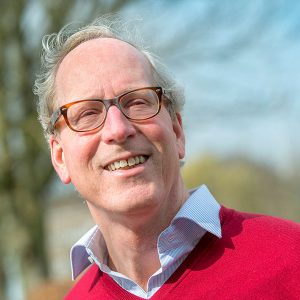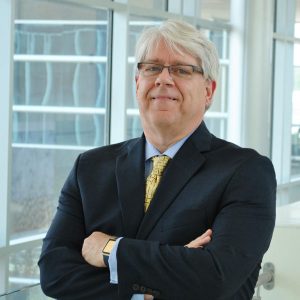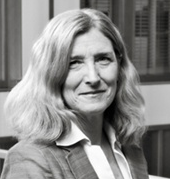MemCom, Institutional
-

Lauren Junker
Dr. Lauren Junker is an innovation scout for Industrial Biotechnology Research at BASF. She has been a leader in the Industrial Biotechnology research group at BASF for the past 7 years where her teams research focused on microbiome research for personal care, microbial control solutions for personal care and animal nutrition and fermentation process optimization.
Interested in technologies and partners to accelerate Bioscience research at BASF in the areas of industrial biotechnology including industrial enzyme and biocatalyst engineering, strain engineering for bio-based chemical production, fermentation process optimization and microbiome research.Previous roles include serving as a microbiologist and clinical research scientist within Johnson & Johnson’s Consumer Products Division. She earned her Ph.D. in Microbiology from Cornell University and did a Postdoctoral Fellowship at the Harvard Medical School where she conducted research on microbial biofilms. At BASF, Dr. Junker and her team of biotechnologists work together with BASF’s Beauty Care Solutions, Care Chemicals to provide efficacious solutions for skin health, focusing on microbiome benefits.



